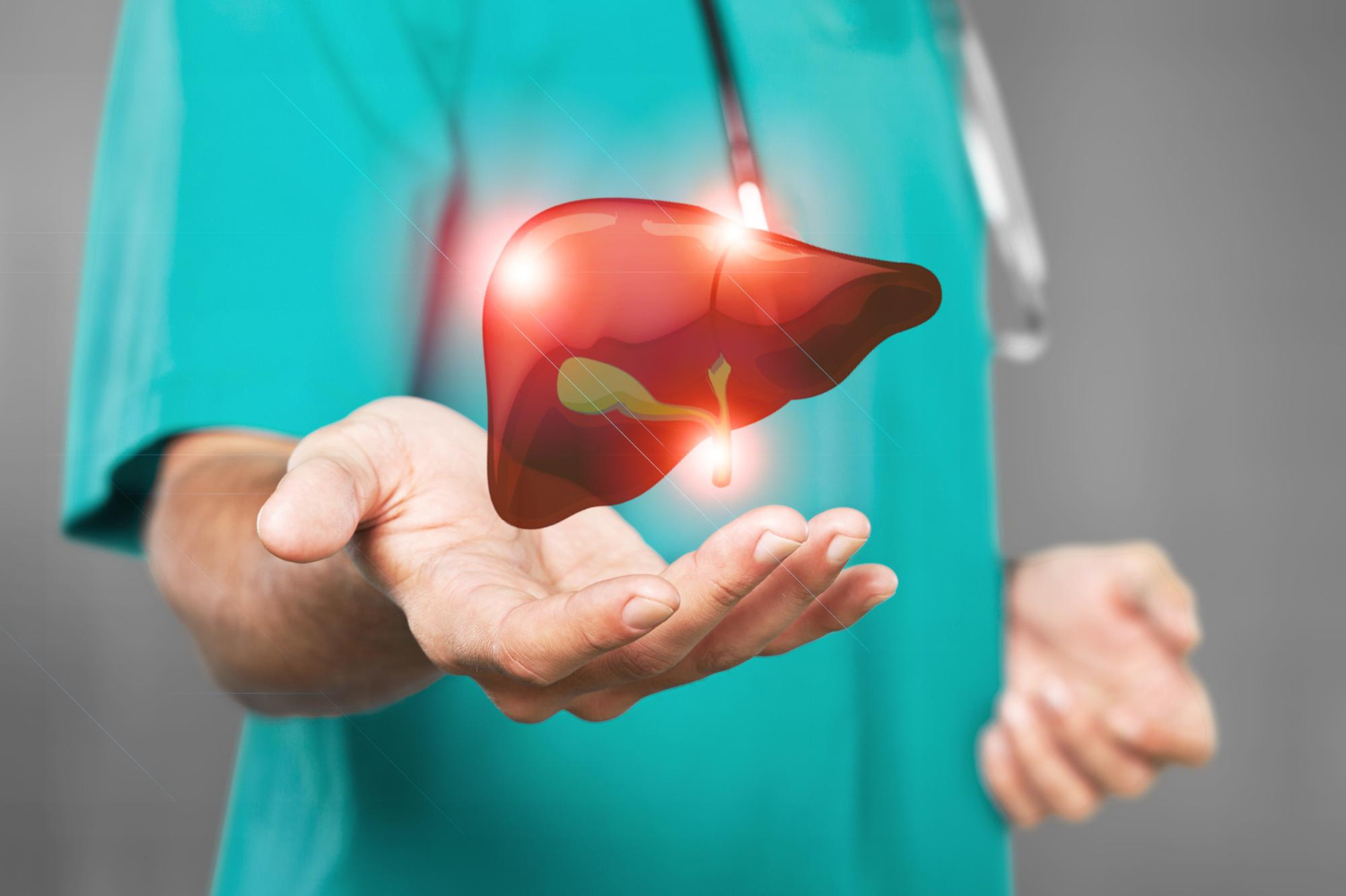The liver is one of the most vital organs in the body, responsible for a variety of functions. However, due to excessive alcohol consumption, it can cause liver problems and symptoms, leading to serious health issues. This highlights the importance of understanding the signs of liver damage for early intervention and better health outcomes.
Understanding the Liver and Its Functions
The liver is a large and complex organ responsible for several bodily functions. The liver has three primary functions: it filters the blood and removes the toxins and waste products, aids in bile production for digestion, and converts nutrients into substances the body can utilize, stores them, and delivers the nutrients to organs and cells when needed.
Signs of Liver Damage
Recognizing the signs of liver damage, especially during its early stages may be challenging as they can be so subtle, but they can progress rapidly if not addressed early. Here are some of the liver problems and symptoms you have to look out for:
Jaundice
As one of the most recognizable signs of liver damage, jaundice is characterized by the yellowing of the skin and whites of the eyes, a significant sign that the liver cannot effectively process bilirubin.
Fatigue and Weakness
Liver damage often leads to chronic fatigue and weakness can be a result of the liver struggling to perform its functions. This often impacts one’s daily activities and overall quality of life.
Abdominal Pain and Swelling
When one feels pain and swelling in the upper right abdomen, it’s often linked to liver inflammation or enlargement. Fluid accumulation in the abdomen may also cause significant discomfort.
Digestive issues
Liver damage can cause digestive problems such as nausea, vomiting, and loss of appetite. Moreover, light-colored stool and dark urine may indicate problems with bile production and excretion.
Swelling in the Legs and Ankles
Albumin is a protein that regulates blood volume and fluid balance. When the liver is unable to produce enough albumin, it leads to swelling in the legs and ankles, causing fluid retention in the lower extremities.
Psychological and Cognitive Changes
Liver damage leads to a toxin buildup in the blood that may result in confusion, difficulty concentrating, and cognitive impairment. It can also affect the mood, leading to increased irritability and mood swings.
Bruising and Bleeding Easily
The liver produces proteins necessary for blood clotting so when these proteins are produced in insufficient quantities, it results in easy bruising and bleeding.
Preventing and Managing Liver Damage
Preventing liver damage and managing liver health is crucial for overall health especially during recovery. Here are some practice ways on how to protect your liver:
- Moderation and abstinence. The most effective way to prevent alcohol-related liver damage is to limit or abstain from alcohol intake.
- Healthy diet. Eating a balanced diet rich in fruits, vegetables, lean proteins, and whole grains can support liver health. Reduce intake of fatty, processed, and sugary foods.
- Take supplements. While some supplements may put strain on the liver especially when used for extended periods of time, supplements such as milk thistle, vitamin C, and selenium support liver health and natural detoxification processes. Remember to consult a healthcare provider first before taking these.
- Regular exercise. Engaging in physical activity helps mitigate fat accumulation, maintain healthy weight, minimize inflammation, and support overall liver function.
Seeking Professional Help
If you suspect liver damage or struggle with alcohol dependence, seek professional help right away. Early intervention can prevent further damage and improve the chances of successful recovery. For people with alcohol abuse history, screening for liver health is essential. Your healthcare provider may also provide review of the risks and benefits associated with any medication or supplements if you wish to take them.
Understanding the signs of liver damage from alcohol and taking proactive steps to protect your liver are crucial for a successful recovery. Implementing lifestyle changes can safeguard your liver from the harmful effects of alcohol, and will allow you to enjoy a healthier, more fulfilling life!

